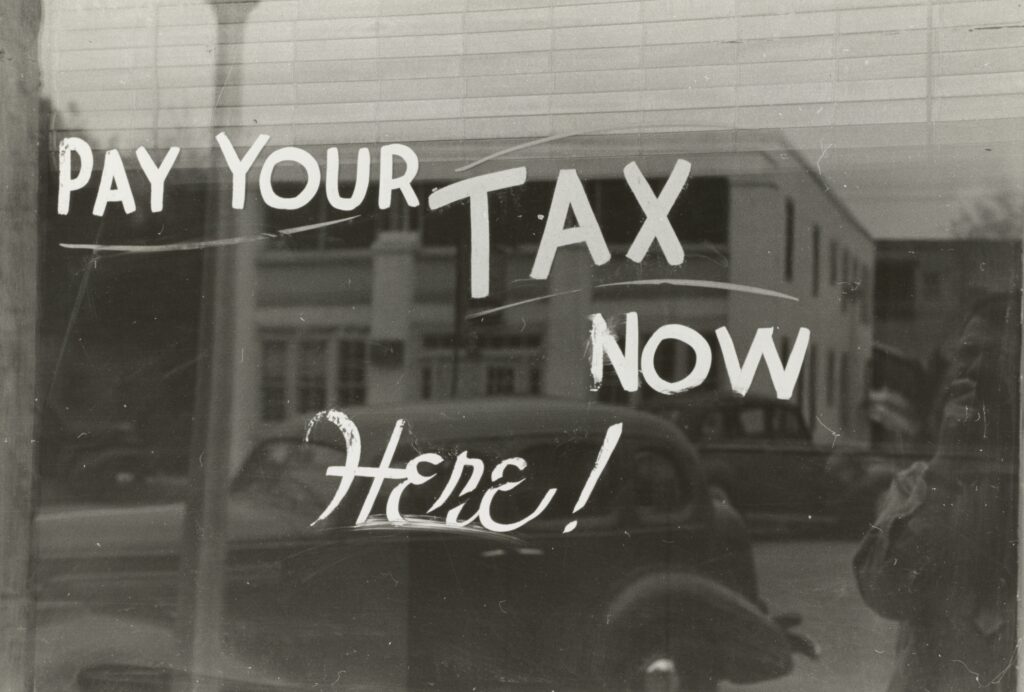Whether you are an experienced property investor or just starting out you need to understand what a 1031 Exchange is! More specifically you need to understand what are 1031 exchange rules California so you don’t miss important deadlines and that you take full advantage of the tax benefits.

Introduction to 1031 Exchange
A 1031 exchange (named after Section 1031 of the Internal Revenue Code) allows investors to defer capital gains taxes on the sale of investment properties by reinvesting the proceeds into a “like-kind” property. This provision serves as a catalyst for fostering continuous investment and economic growth. Basically a tax saving benefit for anyone buying investment real estate.
1031 Exchange Rules in California
Property Types Eligible for Exchange
In California, almost all types of real estate properties qualify for 1031 exchange, including residential rentals, commercial buildings, vacant land, and industrial properties.
Timing Rules
Investors must adhere to strict timing rules. The replacement property must be identified within 45 days of selling the relinquished property, with the exchange completed within 180 days.
Like-Kind Requirement
The replacement property must be of “like-kind” to the relinquished property, meaning they must be of the same nature, character, or class. Fortunately, the definition of like-kind is broad, offering investors flexibility.

California Specific Regulations
State Tax Considerations
While the federal government offers tax deferral benefits, California imposes state capital gains taxes. However, investors can mitigate this through a 1031 exchange.
Exemptions and Restrictions
California has specific exemptions and restrictions regarding 1031 exchanges. It’s crucial to consult with a qualified intermediary or tax advisor to navigate these intricacies effectively.
Capital Gains Taxes in California
California imposes substantial capital gains taxes, which can significantly eat into investment returns. Utilizing a 1031 exchange helps investors defer these taxes, allowing for greater reinvestment potential and the opportunity to grow their portfolio.
Benefits of 1031 Exchange in California
The primary benefit of a 1031 exchange in California is tax deferral, enabling investors to preserve capital gains and reinvest in higher-yielding properties, thereby accelerating wealth accumulation.

Common Misconceptions about 1031 Exchange in California
Misconceptions surrounding 1031 exchanges abound, including the belief that they’re exclusively for large-scale investors or that they’re overly complex. In reality, 1031 exchanges are accessible to investors of all sizes and can be navigated with proper guidance.
How to Initiate a 1031 Exchange in California
Qualified Intermediary Involvement
A qualified intermediary is essential for facilitating a 1031 exchange. They act as a neutral third party to ensure compliance with exchange regulations and safeguard funds during the transaction.
Required Documentation
Proper documentation is critical for a successful exchange. This includes the identification of replacement properties and the completion of exchange agreements within the specified timelines.
Strategies to Maximize 1031 Exchange Benefits
Investors can employ various strategies to optimize their 1031 exchanges, such as conducting thorough market research, leveraging financing options, and exploring diverse investment opportunities.
Risks and Pitfalls to Avoid
While 1031 exchanges offer substantial benefits, they also carry risks, such as failing to meet timing requirements or selecting unsuitable replacement properties. Diligent planning and expert guidance can help mitigate these risks.

Conclusion
In conclusion, understanding the intricacies of 1031 exchange rules in California is paramount for investors looking to optimize their real estate investments. By leveraging the tax deferral benefits afforded by a 1031 exchange, investors can preserve capital gains, maximize returns, and propel their investment portfolios forward.
California 1031 Exchange FAQs
- Are there different type of 1031 exchanges that I can utilize?
- Yes there are a few options aside from the standard exchange.
- Can I exchange my primary residence under Section 1031?
- No, Section 1031 is limited to investment or business properties, not personal residences.
- Are there any limitations on the number of properties I can exchange?
- No, investors can exchange multiple properties under Section 1031, provided they adhere to the timing and like-kind requirements.
- What happens if I miss the 45-day identification window?
- Missing the identification deadline can jeopardize the exchange. It’s crucial to work closely with a qualified intermediary to avoid such pitfalls.
- Can I exchange into a property outside of California?
- Yes, Section 1031 exchanges are not restricted by state borders, allowing investors to exchange into properties nationwide.
- Is a 1031 exchange suitable for all investors?
- While 1031 exchanges offer significant tax benefits, they may not be suitable for every investor. Consultation with tax advisors and financial professionals is recommended to determine eligibility and suitability.
Next Steps..
If you have any questions about 1031 exchange rules in California you are welcome to reach out to me. Having participated in a few for myself and also assisted my clients I have experience and I confident I can help you.
Over 95% of homeowners who are selling say that their number one goal is to net the most money possible out of the sale of their home. This is likely the largest financial asset you own. Don't make these mistakes that could cost you in the end.
5 Most Costly Seller Mistakes...and how to avoid them!
FREE DOWNLOAD
For the latest on real estate news, follow along on instagram at @jazonlopezrealestate.
© Jason Lopez Real Estate 2022 |
Where clients become family.
Los Angeles, Riverside, San Bernadino and orange county
CAL DRE 01938123
Remax Top Producers
626-926-2702
Each office independently owned and operated.
RE/MAX, LLC is an Equal Opportunity Employer and supports the Fair Housing Act and equal opportunity housing.
If you have a disability that is preventing you from experiencing this website, call (800) 525-7452.
Terms of use |
Privacy Policy
+ Show / Hide Comments
Share to: